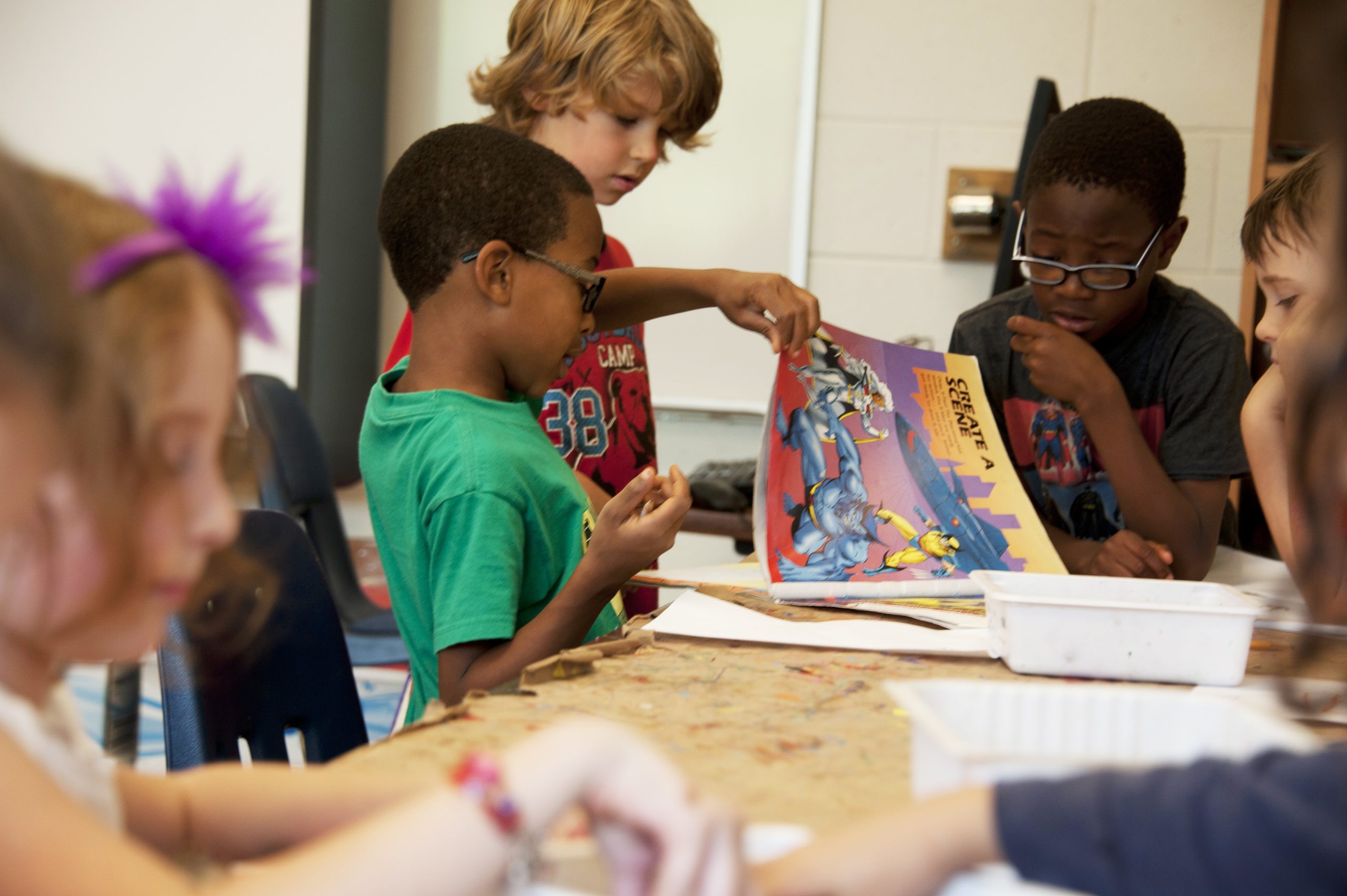Twice Exceptional Children
 Twice exceptional children, also known as 2e, refers to gifted children who have one or more specific learning disabilities such as dyslexia, attention deficit disorder, or autism spectrum disorder. These children often require special consideration in school because they have above average intellectual ability, as well as specific learning disability. Thus, twice exceptional children have significant strengths in some areas and deficits in other areas. Identification of these children is often complicated and requires the ability to assess and identify two areas of exceptionality.
Twice exceptional children, also known as 2e, refers to gifted children who have one or more specific learning disabilities such as dyslexia, attention deficit disorder, or autism spectrum disorder. These children often require special consideration in school because they have above average intellectual ability, as well as specific learning disability. Thus, twice exceptional children have significant strengths in some areas and deficits in other areas. Identification of these children is often complicated and requires the ability to assess and identify two areas of exceptionality.
Common Characteristics
- Strong problems solving skills
- Higher than typical sensitivity, causing them to react strongly to sound, taste, smell, etc.
- High degree of curiosity
- Poor self-esteem due to perfectionism
- Poor social skills
- Strong ability to concentrate in areas of interest
- Difficulty with reading and writing
- Behavior challenges due to stress, boredom, and lack of motivation in subjects of little interest
Twice exceptional children need a supportive learning environment that addresses both their giftedness and their disability. They need sufficient challenges despite their learning difficulty. An individualized approach to education will help them reach their potential.
Strategies for Supporting Twice Exceptional Children
- Provide individualized education based on their interests and talents
- Give equal attention to their strengths as to their weaknesses
- Teach social skills and facilitate emotional development
- Encourage participation in enrichment programs
- Collaborate with school professionals
Additional information about twice exception children can be found at the Davidson Institute. And, check out our website to learn more about how MOSAIC can help.
